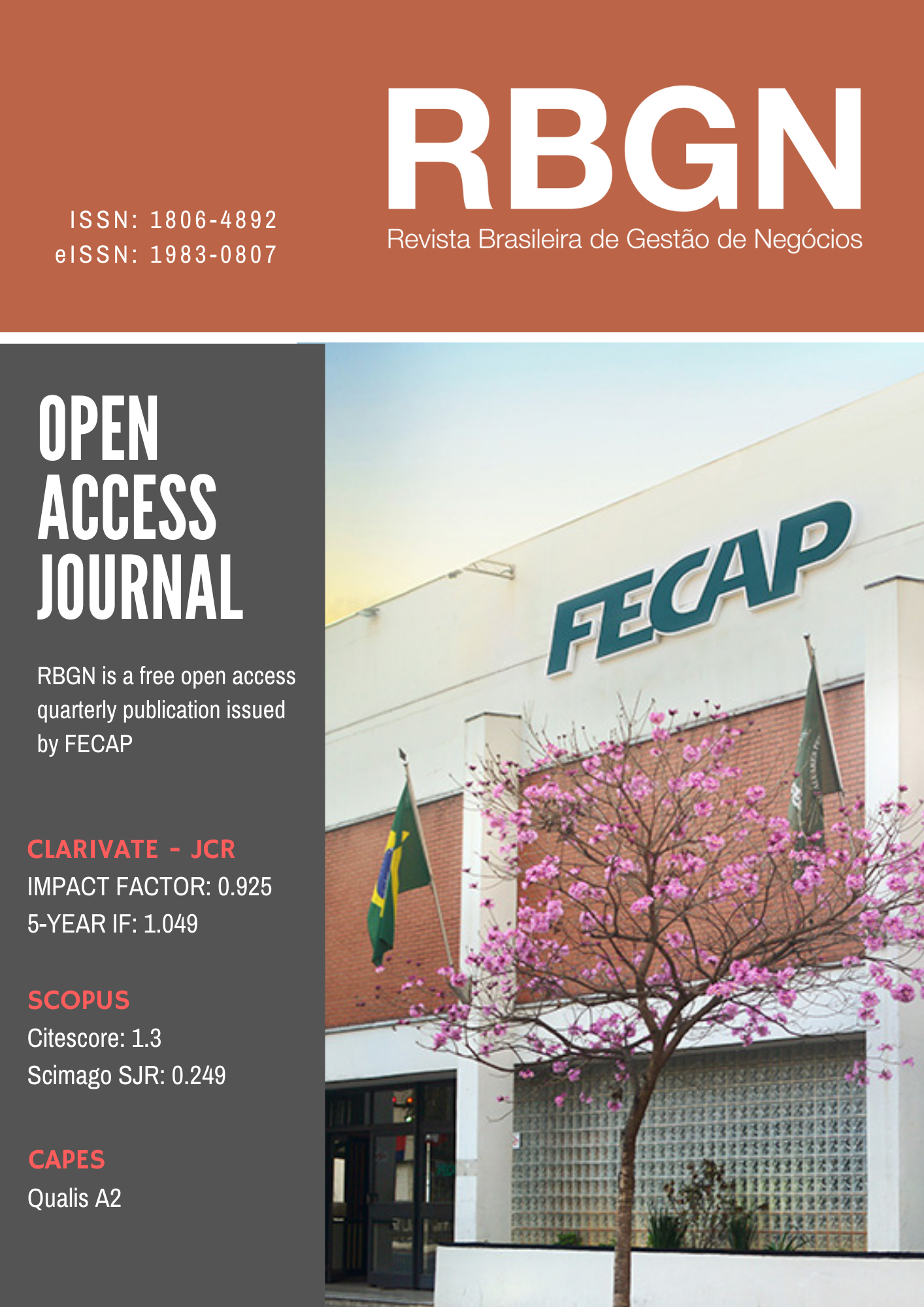Abstract
Purpose – This study analyzes citizens’ behavior in relation to sales invoices in the context of collaborating with the Portuguese Tax Administration on tax compliance. Specifically, we address two research questions: i) we identify the determinants that lead to individual taxpayers requesting invoices with(out) a tax identification number, and ii) we identify the sociodemographic characteristics that are associated with these behaviors.
Theoretical framework – This research draws on the insights of tax compliance and empirical work on the motivations for taxpayers to request a sales invoice.
Design/methodology/approach – The study uses the survey method and data were collected through a questionnaire made available on an electronic platform. The study applies principal component analysis and cluster analysis to a sample of 240 Portuguese individual taxpayers.
Findings – The results show that invoice requests is a complex phenomenon, since it is associated with intrinsic (e.g. social norms) and extrinsic (e.g. tax benefits) motivations of taxpayers. The results also indicate that the “lottery invoice” is a factor with little relevance. Our study identified four factors that synthesize taxpayer behaviors: the positive influence index, the inhibition index, the disengagement/distance index, and the indulgence index. Moreover, the results show that a high heterogeneity of taxpayer behaviors, since five clusters were identified, as well as the influence of some sociodemographic characteristics (age and education), which should be considered when interpreting the behaviors.
Practical & social implications of research – The results obtained could be used by the government and tax authority to design and implement current and/or future measures to combat tax evasion and interact with taxpayers.
Originality/value – This work contributes to the knowledge of the reasons that lead citizens to cooperate with tax authorities in pursuing tax evasion, revealing that the attitude of asking for an invoice with a tax identification number is a complex phenomenon. The study allows us to broaden the knowledge on the positive rewards of tax compliance, which is an under-studied field of tax research.
Keywords – invoice, tax compliance, taxpayer behavior, tax benefits.
If a paper is approved for publication, its copyright has to be transferred by the author(s) to the Review of Business Management – RBGN.
Accordingly, authors are REQUIRED to send RBGN a duly completed and signed Copyright Transfer Form. Please refer to the following template: [Copyright Transfer]
The conditions set out by the Copyright Transfer Form state that the Review of Business Management – RBGN owns, free of charge and permanently, the copyright of the papers it publishes. Although the authors are required to sign the Copyright Transfer Form, RBGN allows authors to hold and use their own copyright without restrictions.
The texts published by RBGN are the sole responsibility of their authors.
The review has adopted the CC-BY Creative Commons Attribution 4.0 allowing redistribution and reuse of papers on condition that the authorship is properly credited.


